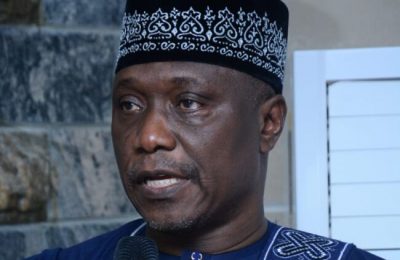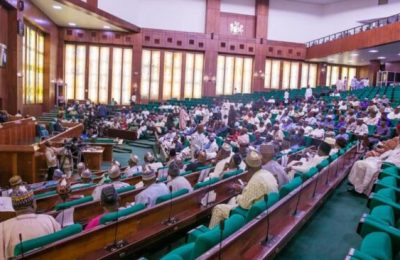
The national leader and presidential candidate of the Social Democratic Party (SDP) during the 2023 general elections, Prince Adewole Adebayo, has said the 2025 budget is insufficient to address Nigeria’s economic challenges.
Adebayo pointed out several gaps in the budget, specifically the unrealistic revenue projections and the lack of transparency in the allocation of funds across key government agencies.

He noted that the government’s inability to effectively manage its revenue generation system is a key issue, particularly pointing to discrepancies in the remittances from government-owned enterprises (GOEs) and other critical sectors.
Adebayo specifically highlighted the case of the Nigerian National Petroleum Corporation (NNPC), Customs, and the Federal Inland Revenue Service (FIRS), which are expected to generate a significant portion of the country’s revenue.
He noted that despite their potential, these agencies face numerous challenges, including corruption, inefficiency, and inadequate management practices.
According to Adebayo, many of these revenue-generating bodies fail to remit the full amounts due to the government, resulting in major financial leakages that hinder economic progress.
The SDP leader further expressed his concerns about the government’s approach to managing Nigeria’s solid minerals sector.
He pointed out that despite efforts to regulate the industry, illegal mining continues to thrive in states like Zamfara, Osun, and Ebonyi. These activities, according to Adebayo, are depriving the government of substantial revenue, which could otherwise contribute to the national economy. He stressed that unless the government addresses these leaks, the nation’s budgetary and economic challenges will persist.
He said,: “Look at solid minerals. Dele Alake has been quiet lately—he needs to explain how he’s improved revenue from this sector. What he did was raise tariffs for licensed miners and create regulatory hurdles, but illegal mining is still thriving. The money stolen from illegal mining, from Zamfara to Osun to Ebonyi, is far greater than the entire budget they’re writing now.”
One of the most significant criticisms raised by Adebayo was the lack of clarity and transparency in the way the 2025 budget was presented. He argued that several Ministries, Departments, and Agencies (MDAs) had lumped their budgets together, without offering a clear and detailed explanation of how funds would be allocated.
This, he said, undermines public trust and accountability, and further exacerbates the governance issues the country is facing.
Despite his dissatisfaction with the current budget, Adebayo called on Nigerians to remain hopeful for a better future. He acknowledged the challenges ahead but urged the public to “prepare their minds for the best,” stating that hope is essential for any progress.
He also encouraged citizens to speak out on issues affecting the country’s governance and budget, as active civic engagement is key to holding the government accountable.
He also harped on the need for stronger fiscal responsibility at the state and local government levels, urging them to adopt more robust budgeting practices to foster a healthier economy across the country.
ALSO READ FROM NIGERIAN TRIBUNE








